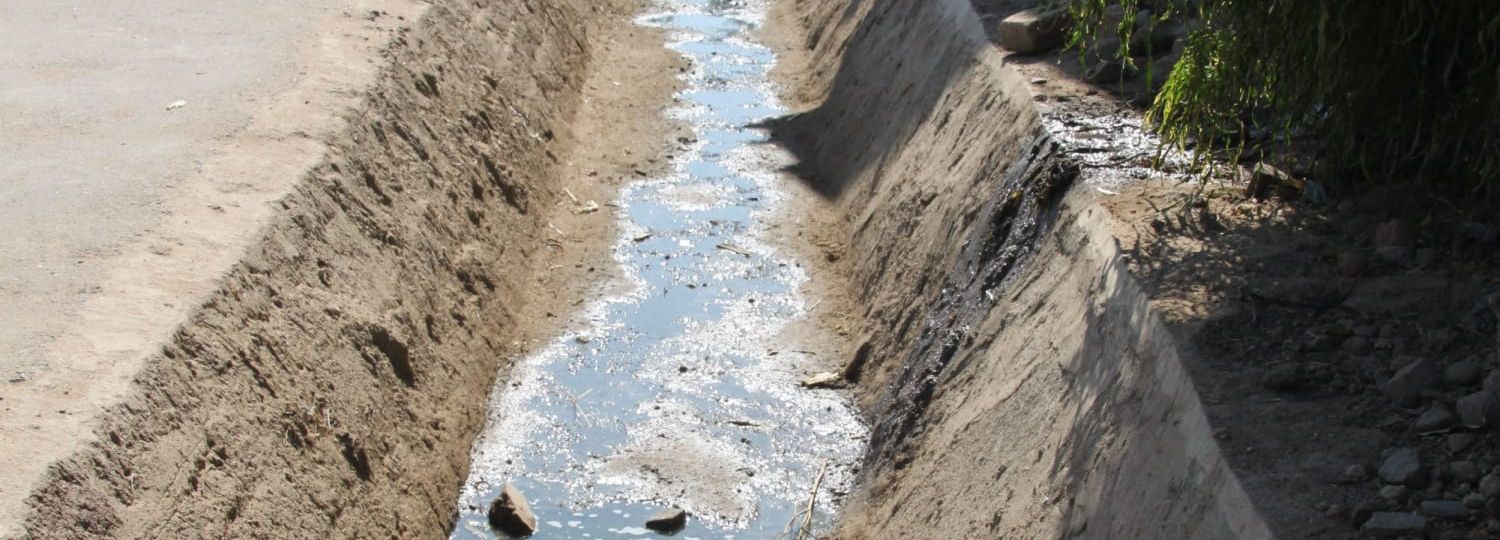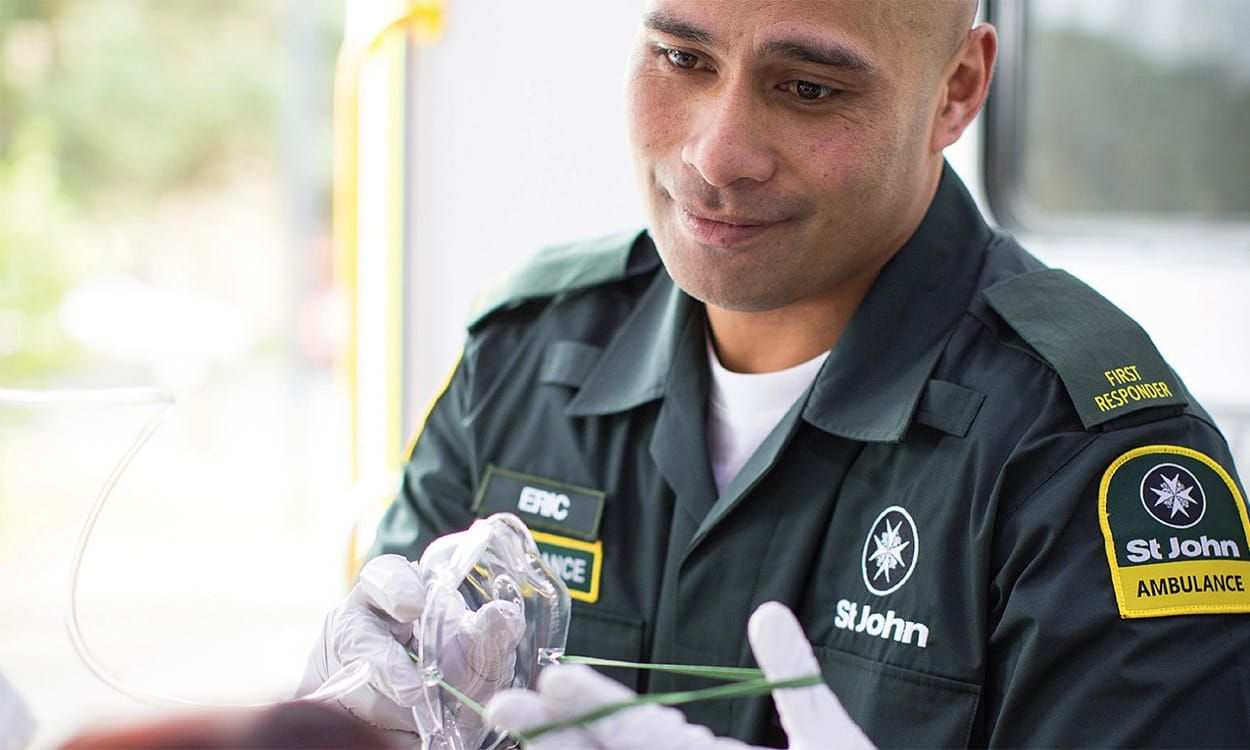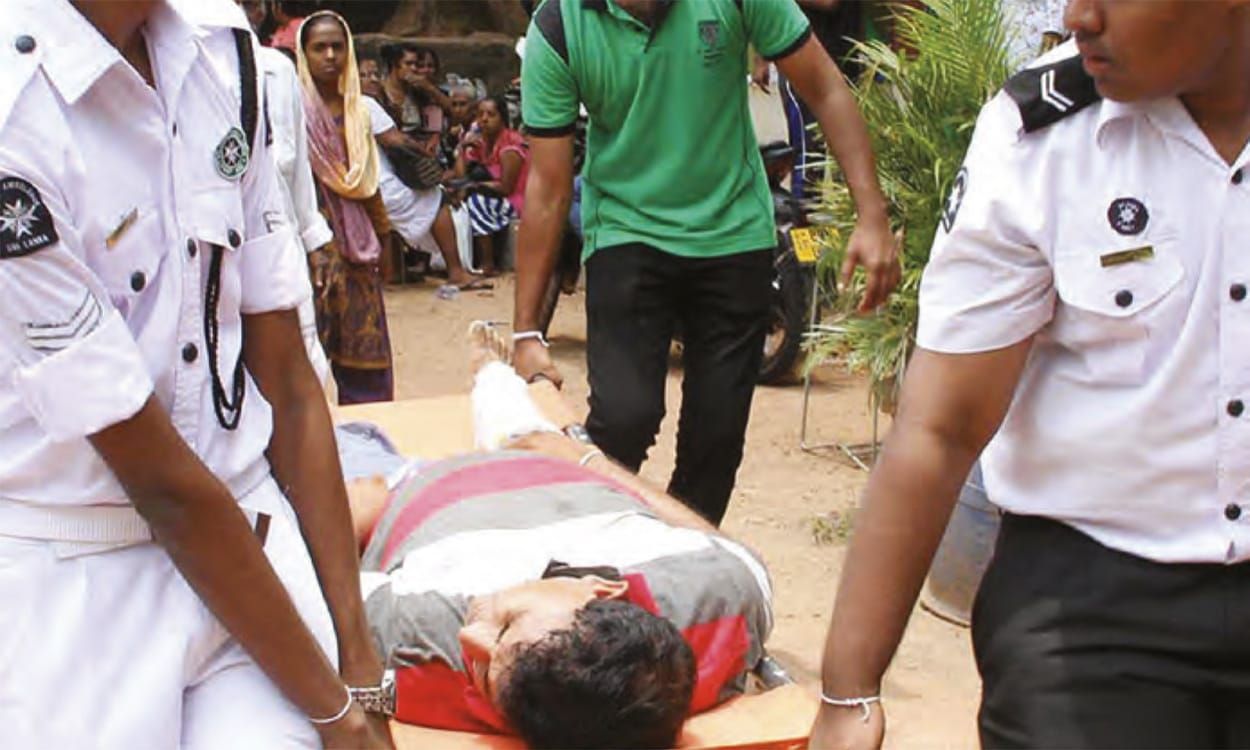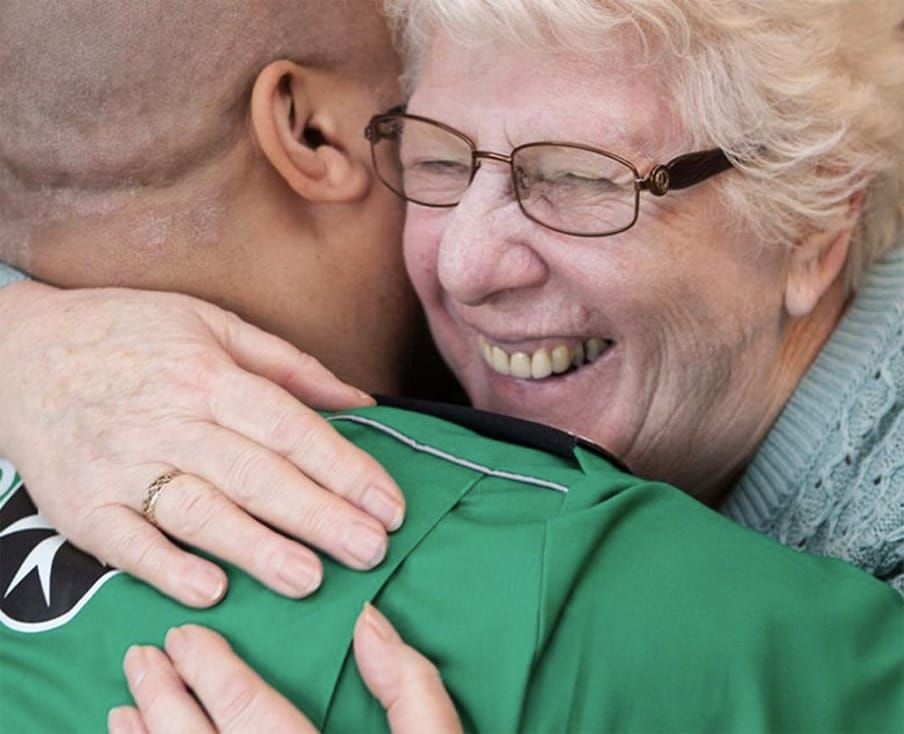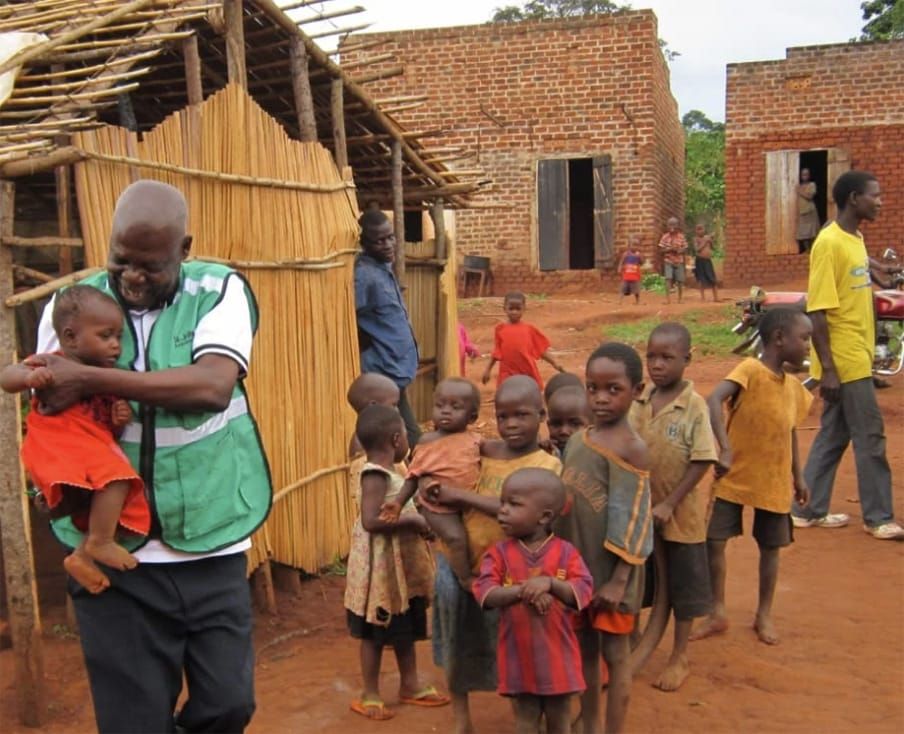World Water Day takes place every year on March 22. The day celebrates water and raises awareness of the 2 billion people living without access to safe water.
To help improve the lives of children and families living in one of Africa’s poorest countries, St John Scotland has supported its sister organisation St John Malawi with a community-led healthcare programme, called the Primary Health Care (PHC) project, since 1988.
The PHC project in Malawi seeks to improve health for pregnant women and new mothers, and it promotes WASH education (Water, Sanitation and Hygiene), health education and disease prevention for people living in the townships of Ndirande and Mbayani in Blantyre, Malawi.
Read how Mercy benefited from St John’s PHC project.
Our project has St John volunteers visit local communities to assess and offer support to households. Volunteers check on households’ conditions of refuse disposal, toilets, basic hygiene and indicate actions that households may need to take themselves, or through asking their landlord to improve the current sanitation. In 2020, before the pandemic hit, project volunteers have visited more than 9,500 households and helped over 1,400 households gain access to clean water. The project also helped most homes gain access to a toilet.
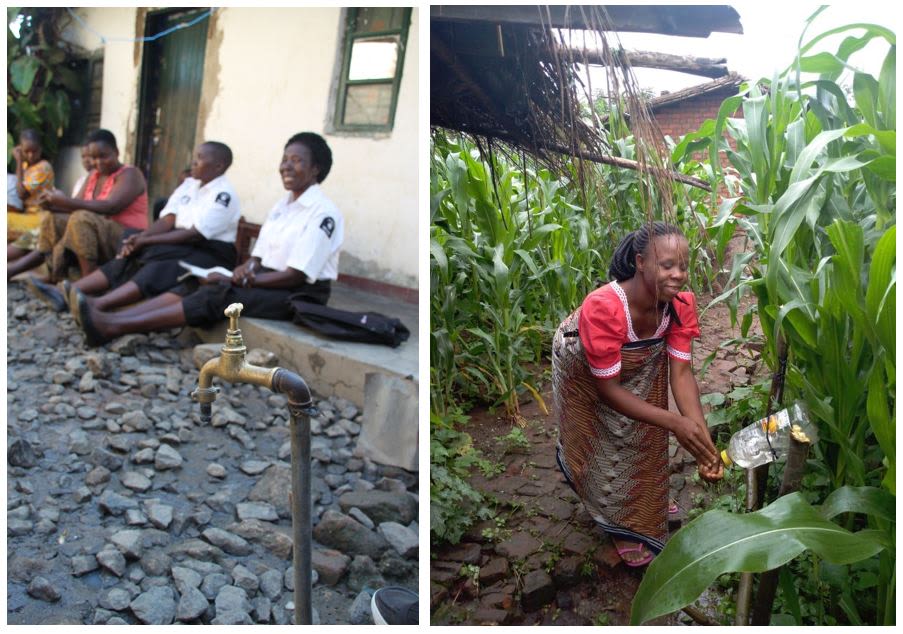
WASH – removing barriers to clean water and good hygiene
The WASH component, also known as WASH education, is part of the PHC project. The WASH activities help households in Malawi to learn about good sanitation and hygiene. It ensures households protect themselves from water-related diseases such as Diarrhoea, Cholera and Typhoid fever.
St John volunteers promote and teach people in the communities how to protect themselves by following easy routines that stop water-related diseases. These are called barriers.
There are six categories of barriers:
- Drinking safe water
- Using latrines
- Handwashing
- Clean environment
- Safe food
- Shared responsibility
Since implementing these barriers in our project, we have had several months of no reported illnesses or death related to cholera and other diseases within the Blantyre area.
Overall, in 2021 the WASH programme supported more than 5,600 households, reaching more almost 24,300 local people.
Read here more about St John Malawi’s work.
Mercy is participating in our PHC project
Mercy, age 38, lives in Chiphukusi Village, Malawi, with her husband William and their one month old baby. The family received door-to-door health education from St John volunteers at their home. Our volunteers helped Mercy prepare for the birth of her first child and told her how to practice better hygiene and sanitation in her home.
“I am very grateful for the health education the volunteers from St John have been providing to my family. I leant about birth preparedness, the importance of frequent antenatal care during my pregnancy, labour and delivery, birth complications, as well as the need of having a well-balanced nutritious diet to stay healthy.
During the volunteers’ visits, we did not just receive safe motherhood education, we also learned about water and hygiene measures. We would invite our neighbours to join these sessions. St John taught us how poor practices in transporting and storing water increase the likelihood of diarrhoea. This was crucial information for our village, because we had a lot of diarrhoea cases. The volunteers showed us what to observe when transporting and storing water, such as having a dedicated, clean and covered container for collection and transport.”
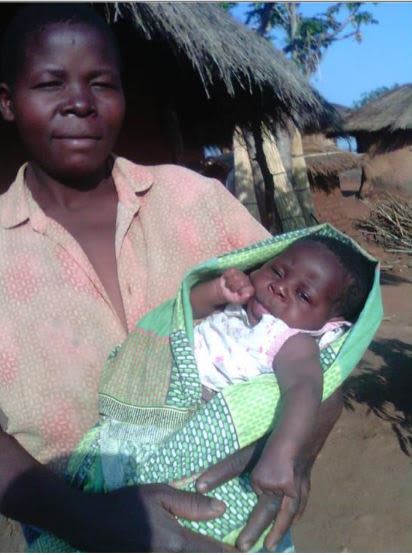
Thank you, St John Malawi, for the good work you are doing in my village. Thanks to your work, we could reduce illness and deaths related to water-borne diseases, as well as to complications related to pregnancy.
St John Scotland’s ongoing commitment to the PHC project in St John Malawi will continue to give families like the Weosi’s and many more a chance of a better and healthier life.

